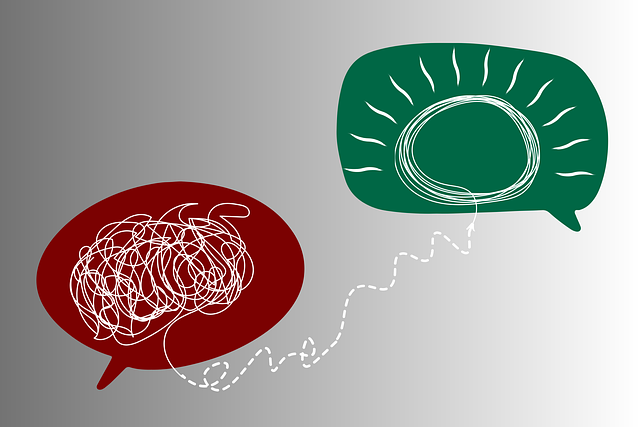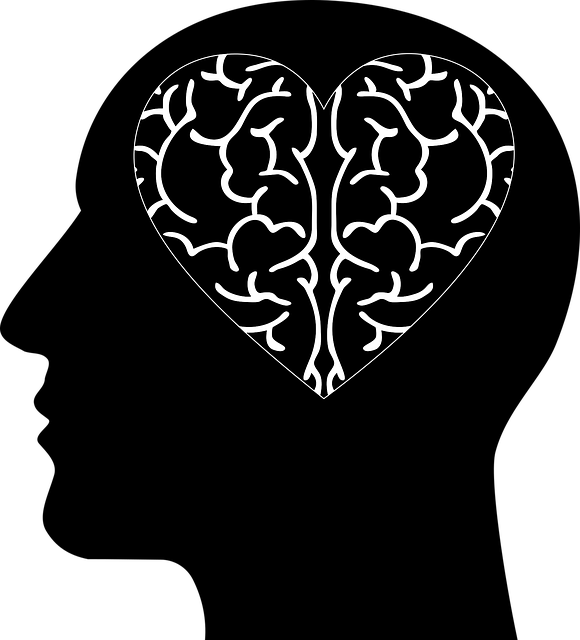The stigma surrounding mental illness significantly hinders elderly individuals from accessing essential help and support, exacerbated by societal norms emphasizing self-reliance and stoicism. This barrier, combined with limited access to tailored therapy services, cultural factors, and lack of awareness, makes it difficult for seniors to openly discuss their struggles or seek professional assistance. Solutions include destigmatizing mental health through initiatives like social skills training and mental wellness podcasts, along with evidence-based therapies like cognitive-behavioral therapy (CBT) and independent medical evaluations (IMEs). IMEs provide unbiased assessments, ensuring therapy is tailored to individual needs and reducing stigma. Community engagement, education, and public awareness campaigns focused on stress reduction also play crucial roles in fostering a supportive environment for seniors' mental health care, empowering them to manage their journeys with confidence and self-reliance. Policy reforms, including integrating Therapy for Elders and implementing IMEs, are essential for creating systemic changes that enhance overall treatment outcomes.
Mental illness stigma remains a significant barrier to elderly individuals seeking help. This article delves into various facets of stigma reduction efforts, exploring critical components such as understanding the barriers to help-seeking among seniors and the role of therapy in promoting mental well-being. We also examine the importance of independent medical evaluations and discuss community engagement, education, and policy changes advocating for supportive healthcare environments, particularly focusing on therapeutic interventions and objective assessments for elders.
- Understanding Stigma: Barriers to Help-Seeking for Elderly Individuals
- The Role of Therapy in Combating Stigma and Promoting Mental Well-being Among Seniors
- Independent Medical Evaluations: Uncovering the Need for Objective Assessment in Senior Mental Health
- Community Engagement and Education: Empowering Families and Caregivers
- Policy Changes and Advocacy: A Call for Supportive Environments in Healthcare Settings
Understanding Stigma: Barriers to Help-Seeking for Elderly Individuals

Stigma surrounding mental illness can significantly deter elderly individuals from seeking much-needed help and support. One of the primary barriers is the perception that mental health issues are a sign of weakness or personal failure, especially in older generations where societal norms emphasize self-reliance and stoicism. This misperception often prevents seniors from discussing their struggles openly or reaching out for professional assistance.
Furthermore, access to appropriate therapy services can be challenging for the elderly, particularly those who prefer independence. Cultural factors and a lack of awareness about available resources may also hinder them from undergoing independent medical evaluations. The process of seeking help can seem daunting, especially when facing age-related mental health concerns. However, initiatives that promote understanding and destigmatize mental illness are crucial in encouraging this vulnerable population to prioritize their mental wellness through means such as confidence-boosting social skills training or engaging with informative mental wellness podcast series production.
The Role of Therapy in Combating Stigma and Promoting Mental Well-being Among Seniors

The role of therapy in addressing mental illness stigma among seniors is profound. Specifically, cognitive-behavioral therapy (CBT) and other evidence-based approaches have proven effective in challenging negative beliefs and attitudes towards mental health struggles. Through therapy, elders can gain valuable insights into their emotional experiences, fostering improved self-perception and enhanced coping mechanisms. This, in turn, promotes a sense of empowerment, enabling them to navigate life’s challenges with greater resilience.
Moreover, independent medical evaluations play a crucial role in this process. These assessments provide objective data on an individual’s mental health status, helping to dispel misconceptions often associated with stigma. By combining therapy with these comprehensive evaluations, seniors can access tailored stress reduction methods and emotional intelligence-building strategies. This holistic approach not only alleviates symptoms but also fosters a deeper understanding of mental health awareness, ultimately contributing to a more supportive and inclusive society for all.
Independent Medical Evaluations: Uncovering the Need for Objective Assessment in Senior Mental Health

In the realm of mental health care for seniors, Independent Medical Evaluations (IMEs) play a pivotal role in uncovering the intricate needs and challenges faced by this demographic. As the population ages, it becomes increasingly crucial to implement objective assessment methods that go beyond self-reported symptoms. IMEs provide a comprehensive, unbiased evaluation, ensuring therapy for elders is tailored to their unique circumstances. This approach is particularly significant in reducing mental illness stigma reduction efforts, as it encourages an evidence-based understanding of senior citizens’ psychological well-being.
Beyond IMEs, developing public awareness campaigns that focus on stress reduction methods can significantly contribute to the broader mental illness stigma reduction efforts. By educating the public about the specific challenges and considerations related to senior mental health, we can foster a more compassionate and informed society. This, in turn, can lead to improved access to services and resources for elderly individuals seeking therapy, ultimately enhancing their quality of life.
Community Engagement and Education: Empowering Families and Caregivers

Community engagement and education play a pivotal role in reducing the stigma surrounding mental illness. By fostering open conversations and providing accurate information, we can create an environment where individuals feel comfortable seeking help. Schools, workplaces, and community centers can serve as platforms for workshops, seminars, and support groups that target both the general public and specific demographics like families and caregivers. These initiatives ensure that loved ones understanding mental health conditions better, enabling them to offer more effective support and care.
Involving families in therapy sessions or providing independent medical evaluations can further strengthen this process. Such measures empower caregivers with practical tools and insights, enhancing their ability to recognize warning signs and provide timely interventions. Additionally, encouraging positive thinking and confidence-boosting activities within these circles can contribute to a supportive ecosystem that promotes recovery and reduces the societal ostracism often associated with mental health struggles.
Policy Changes and Advocacy: A Call for Supportive Environments in Healthcare Settings

Mental illness stigma reduction requires systemic changes, and policy reforms play a pivotal role in creating supportive healthcare environments. Advocacy efforts must focus on ensuring that elderly individuals with mental health challenges receive care that respects their autonomy and promotes healing. This involves integrating Therapy for Elders into existing healthcare systems, fostering a culture of understanding and empathy. By implementing policies that prioritize regular Independent Medical Evaluations, we can ensure personalized treatment plans tailored to each patient’s unique needs.
Policy changes should also emphasize the development of inner strength, coping skills, and resilience among the elderly population. Healthcare providers can play a crucial role in encouraging and facilitating these aspects through evidence-based practices, group therapy sessions, and education on mental wellness. Such initiatives will not only improve treatment outcomes but also empower individuals to navigate their mental health journeys with increased confidence and self-reliance.
Mental illness stigma remains a significant barrier to senior well-being, hindering help-seeking behaviors. Through therapy for elders and independent medical evaluations, we can uncover and address underlying issues, promoting mental health awareness and supportive environments in healthcare settings. Community engagement and education are crucial to empowering families and caregivers, fostering a culture of understanding and compassion. By implementing policy changes and advocacy, we can revolutionize senior mental health care, ensuring everyone receives the support they need without fear of stigma.








